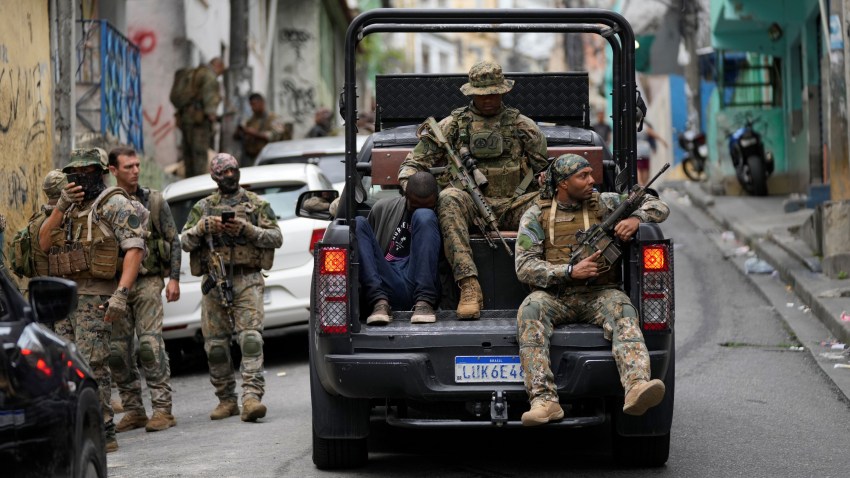In early February, Brazilian police searched the property of Divoncir Maran, an appellate judge in the state of Mato Grosso do Sul, as part of a corruption investigation. That same day, Maran was suspended from his post over suspicions that he had wrongfully remanded a leading drug trafficker, Gerson Palermo, to house arrest from the prison where he was serving a decades-long sentence back in 2020. Another judge reversed the order the following day, but it was too late: Palermo, a member of the First Capital Command criminal organization, had already fled and has been on the run ever since.
Maran’s suspension did not make headlines in Brazil, where organized crime groups tend to draw attention for violent episodes such as dramatic bank heists and urban shootouts with rival gangs or the police. But the magistrate’s suspected corruption is perhaps more worrying as a sign of the ever-growing influence of Brazil’s main drug-trafficking organizations, which have steadily accumulated wealth and power in recent years.
“These groups are developing in such a way that they are becoming more and more like mafias, with a growing capacity to influence the economy and politics,” says Bruno Paes Manso, the author of several books on Brazilian criminal actors.

